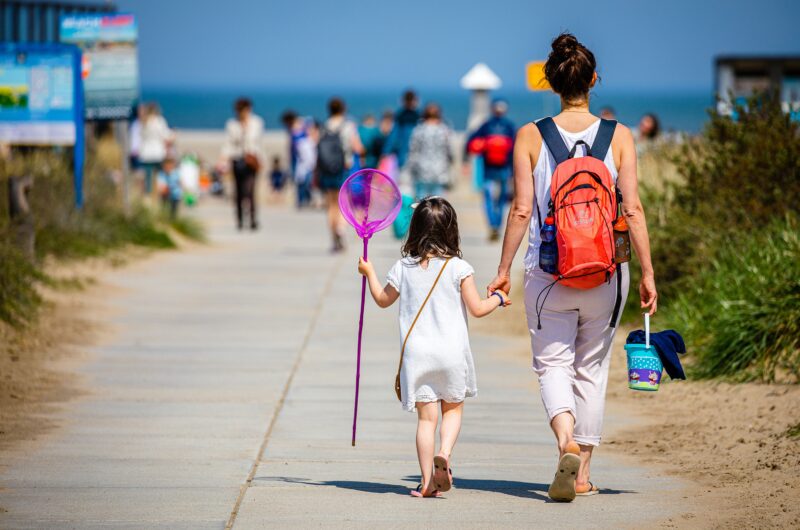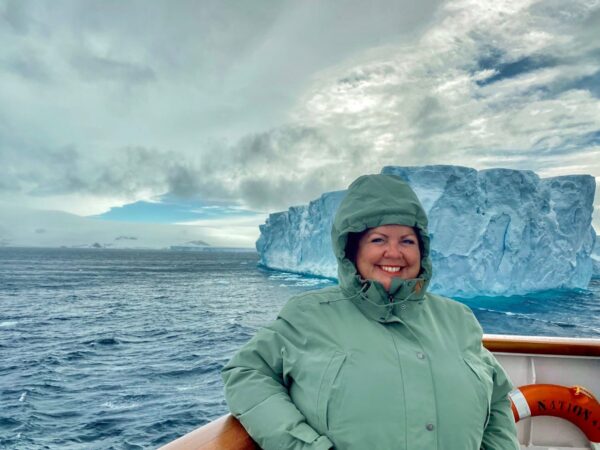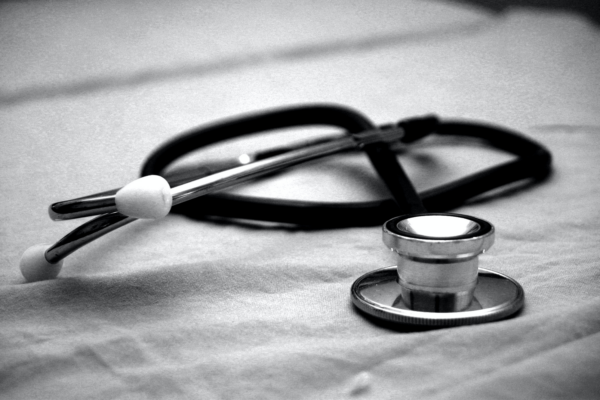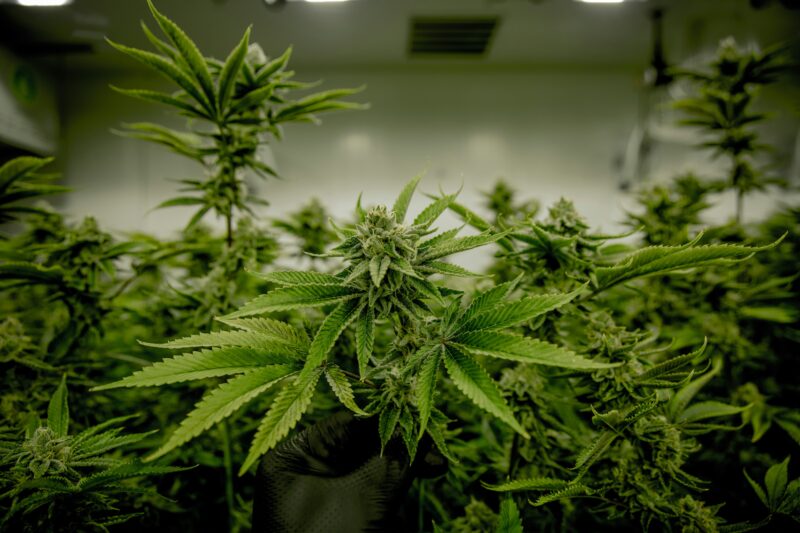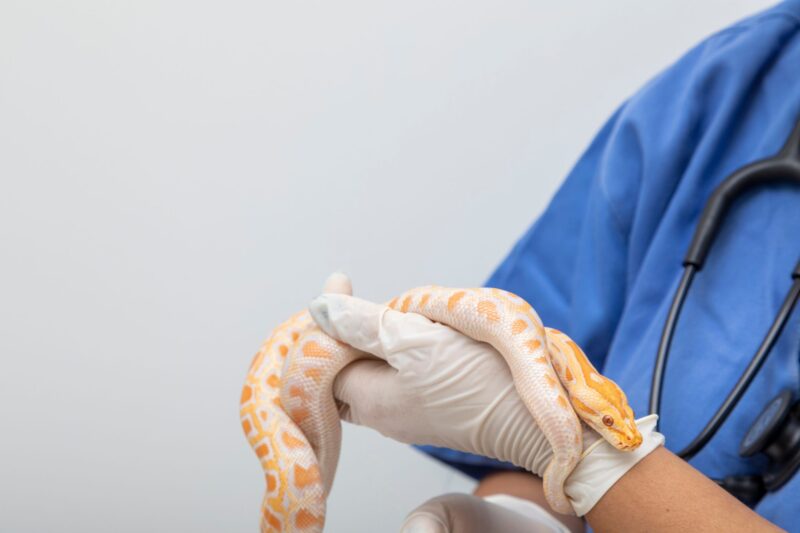- Meghan Markle will follow a tradition requiring the royal family to avoid eating certain things that could cause food poisoning.
- Bill Marler, an expert on food poisoning, has cut some foods out of his diet after spending more than two decades as a foodborne-illness attorney.
- Here are eight foods that Markle – and anyone trying to avoid food poisoning – should cut from their diet.
Meghan Markle is preparing to follow in the footsteps of Queen Elizabeth II as the royal wedding date nears – and that includes culinary traditions.
The Sun reports that a “weird rule prevents the queen and other royals from eating foods like mussels and rare steak when dining out.”
“They’re advised to steer clear of foods which could cause food poisoning, like shellfish, rare meat, and tap water when they’re abroad,” the report says.
It’s a sensible tradition – no one wants to be forced to alert the public that they need to miss a royal function because they have contracted food poisoning from slurping down raw oysters.
According to The Sun, the queen closely follows the rule, while other members of the royal family take a more lenient approach.
Bill Marler, an expert on food poisoning who has previously spoken with Business Insider, follows a similarly strict diet. He has won more than $600 million for clients in foodborne-illness cases and has become convinced that some foods aren't worth the risk.
Here are the foods that Marler says anyone trying to avoid food poisoning should avoid.
Raw water

Marler told Business Insider that the idea he would have to warn people against drinking unfiltered, untreated water didn't cross his mind until 2018.
"Almost everything conceivable that can make you sick can be found in water," Marler said.
Unfiltered, untreated water - even from the cleanest streams - can contain animal feces, spreading Giardia, which includes symptoms such as vomiting and diarrhea and results in roughly 4,600 hospitalizations a year. Hepatitis A, which resulted in 20 deaths in a California outbreak in 2017, can be spread through water if it isn't treated. E. coli and cholera can also be transmitted via untreated water.
Uncooked flour
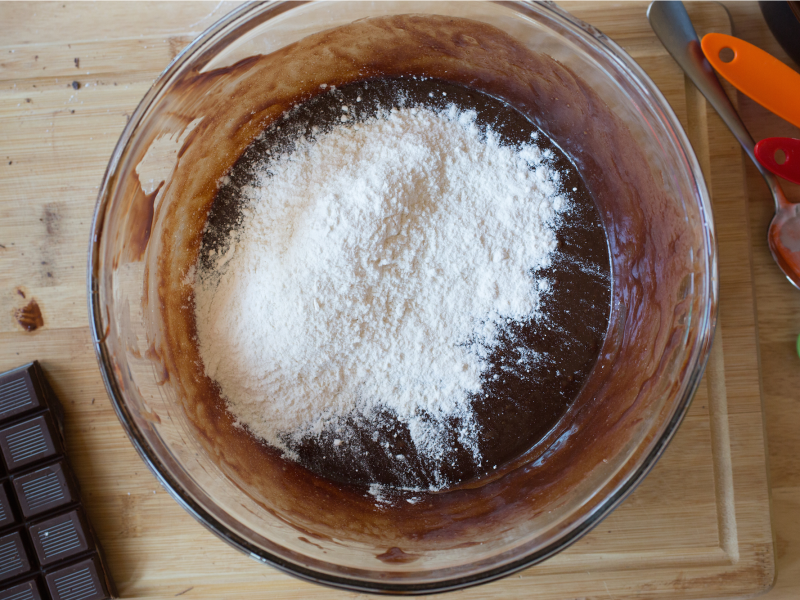
Uncooked flour is on the other end of the spectrum - something that most people see as harmless, but that can actually spread bacteria, Marler says.
From late 2015 to 2016, 56 people in 24 states developed an E. coli infection from eating raw or uncooked flour, according to Consumer Reports.
Most people think that raw eggs are the biggest food-poisoning threat in cookie dough, Marler says. However, flour can also be a culprit - and you don't even have to eat it. Simply not washing your hands after getting uncooked flour on them can spread E. coli.
Raw oysters

Marler says that he has seen more foodborne illnesses linked to shellfish in the past five years than in the two preceding decades.
The culprit: warming waters. As global waters heat up, they produce microbial growth, which ends up in the raw oysters consumers are slurping down.
Precut or prewashed fruits and veggies

Marler says that he avoids these "like the plague." Convenience may be nice, but, as more people handling and processing the food means more chances for contamination, it isn't worth the risk.
For example, a study from Consumer Reports found unacceptable levels of bacteria that commonly cause food poisoning in about a third of the 208 salad bags that were tested. As Business Insider's Rebecca Harrington notes, that doesn't mean these bacteria would cause illness; just that they had the potential to do so.
Raw sprouts
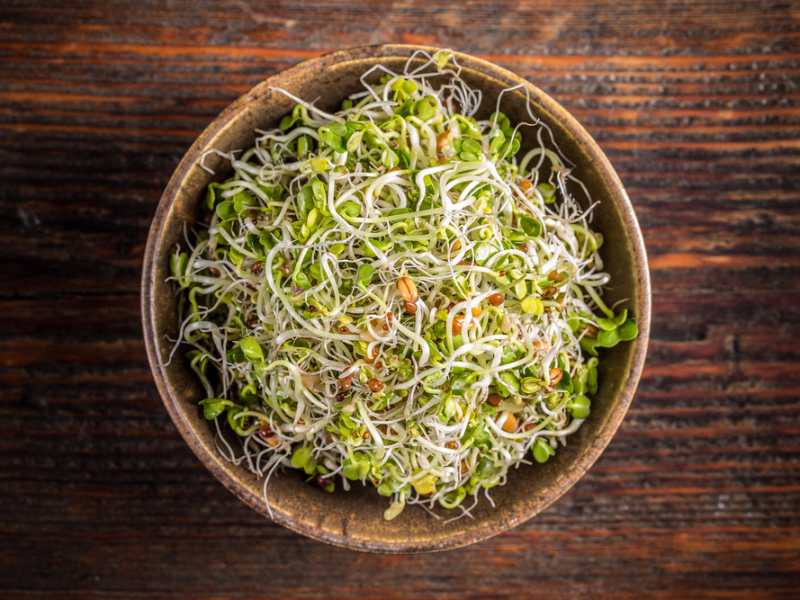
Sprout-related outbreaks are surprisingly common, with more than 30 bacterial outbreaks - primarily salmonella and E. coli - in the past two decades.
"There have been too many outbreaks to not pay attention to the risk of sprout contamination," Marler says. "Those are products that I just don't eat at all."
Rare meat

Marler, Markle, and President Donald Trump have at least one thing in common: they are only ordering their steaks well-done.
According to the Marler, meat needs to be cooked to 160 degrees throughout to kill bacteria.
Uncooked eggs

For anyone who remembers the salmonella epidemic of the 1980s and early '90s, this is a no-brainer. According to Marler, the chance of getting food poisoning from raw eggs is much lower today than it was 20 years ago, but he still isn't taking any chances.
Unpasteurized milk and juices

A precursor to the raw water trend is the movement encouraging people to drink "raw" milk and juices, arguing that pasteurization depletes nutritional value.
Marler says that pasteurization is not dangerous - but raw beverages can be, as skipping the safety step means an increased risk of contamination by bacteria, viruses, and parasites.
"There's no benefit big enough to take away the risk of drinking products that can be made safe by pasteurization," he says.

